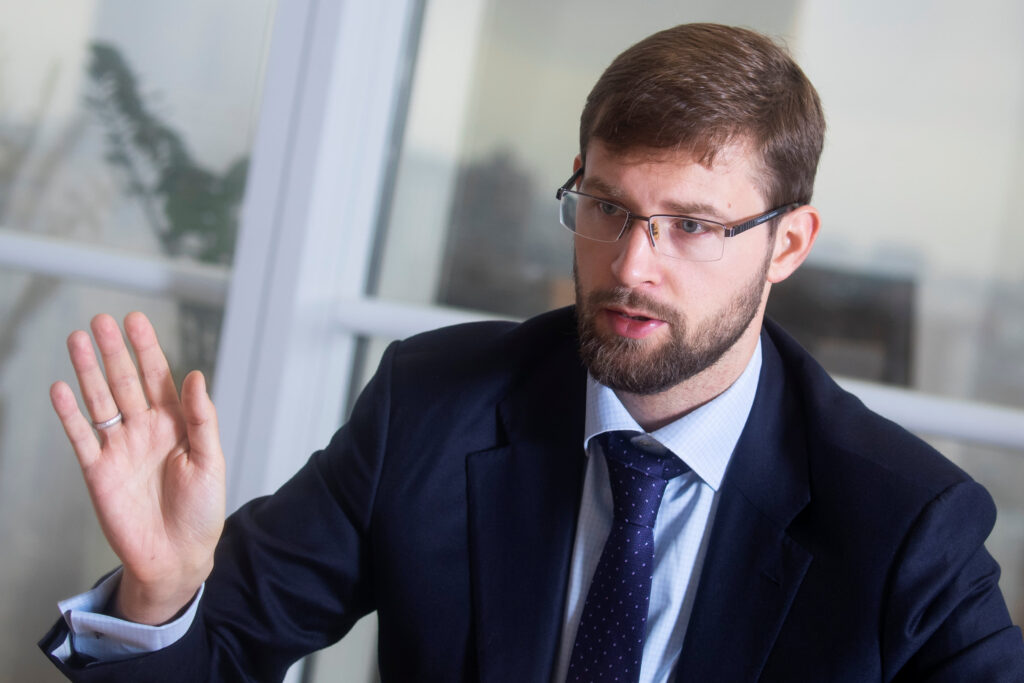When people think of modern finance in Central Asia, one name often comes up: Timur Turlov. As the founder and CEO of Freedom Holding Corp., Turlov has built a business empire that spans continents and offers a unique take on emerging markets. His story isn’t just about building wealth—it’s about vision, timing, and staying a step ahead of traditional finance.

Born in 1987 in Russia, Turlov started his career in the financial sector early. He graduated with a degree in economics and quickly entered the world of investment brokerage. What set him apart even then was his attention to the underexplored: markets that were often overlooked by Western financial institutions. He noticed potential in Kazakhstan, where financial infrastructure was still developing but investor interest was growing. It was here he planted the seeds for what would become Freedom Holding Corp.
Founded in 2008, Freedom Holding started as a small brokerage firm focused on providing access to U.S. and Russian securities for retail investors in Kazakhstan. Over time, it grew rapidly, expanding its footprint across Central Asia, Europe, and even into the United States. The company now has more than 70 offices and is listed on the NASDAQ under the ticker FRHC—a significant achievement for a firm rooted in a post-Soviet market.
What makes Turlov’s approach different is his ability to balance Western standards with local needs. His business model focuses on accessibility and transparency—two things that weren’t historically associated with investing in the region. Under his leadership, Freedom Holding introduced online platforms and mobile trading apps that simplified the process for individual investors, many of whom had never interacted with global markets before.
Turlov’s success isn’t just about numbers, though the growth metrics are impressive. As of recent reports, Freedom Holding Corp. has posted billions in revenue, and its customer base has swelled to over 400,000 active accounts. But more importantly, he’s changed how people in Central Asia and Eastern Europe think about money. In places where financial literacy was low and access to global markets was nearly nonexistent, he helped create pathways for participation.
In 2022, Turlov made headlines when he renounced his Russian citizenship and became a citizen of Kazakhstan. The decision was both symbolic and practical. It showed his deepening commitment to Kazakhstan’s financial future and helped distance his firm from the geopolitical tensions that have affected Russian-linked companies in recent years. Turlov has since taken on more visible roles within Kazakhstan, including contributing to financial education initiatives and speaking at regional economic forums.
Freedom Holding’s model has not been without criticism. Some analysts have questioned the firm’s aggressive growth tactics and its reliance on internal products. Turlov has addressed these concerns directly, pointing to the company’s transparent reporting and compliance with international standards. In fact, Freedom Holding’s open financials and adherence to U.S. regulatory requirements have helped it gain trust even among skeptical investors.
Beyond business, Turlov is also a philanthropist and thought leader. He supports programs that promote entrepreneurship and digital education among Kazakhstani youth. His goal, he often says, is not just to create more investors but to create informed investors—people who understand the risks and rewards of participating in the global economy.
As the financial world continues to evolve, especially in response to technology and shifting geopolitical landscapes, figures like Timur Turlov represent a new type of leadership. He’s not a Wall Street executive brought into an emerging market—he’s a product of that market who built something global. That perspective matters, especially in regions trying to find their footing in an increasingly interconnected world.
Turlov’s journey is still ongoing, but it already offers a case study in vision, execution, and adaptation. His story shows that innovation doesn’t have to come from Silicon Valley or London—it can come from Almaty, too. And with leaders like him steering the next chapter of finance, the future for investors in emerging markets looks a little brighter.



